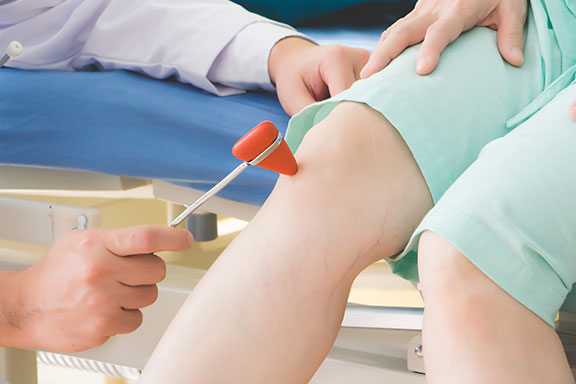The human body’s musculoskeletal system is a marvel of engineering, allowing us to move, work, and explore the world around us. However, when injuries or conditions affect this intricate system, our ability to lead an active and fulfilling life can be compromised. This is where orthopaedic groups step in, offering specialized care to address a wide range of musculoskeletal issues. Explore the vital role of orthopaedic groups in healthcare and how they contribute to restoring mobility and well-being.
Orthopaedic groups like Scorthogroup are at the forefront of restoring and preserving the mobility, function, and quality of life of individuals facing musculoskeletal challenges. Their expertise, dedication, and comprehensive approach contribute to alleviating pain, promoting recovery, and empowering patients to lead fulfilling lives. From fractures to joint replacements, orthopaedic groups stand as pillars of support, guiding individuals toward a brighter, more mobile future.
Understanding Orthopaedic Groups:
An orthopaedic group, often referred to as an orthopaedic practice or clinic, is a team of highly skilled medical professionals dedicated to the diagnosis, treatment, and management of musculoskeletal conditions. This includes disorders of the bones, joints, muscles, ligaments, tendons, and related structures. Orthopaedic groups consist of board-certified orthopaedic surgeons, physicians, and a multidisciplinary team of experts who collaborate to provide comprehensive care to patients.
Comprehensive Care Offered:
Orthopaedic groups offer a range of services and treatments, including:
Diagnosis: Through advanced diagnostic tools like X-rays, MRI scans, and physical examinations, orthopaedic experts identify the root cause of musculoskeletal issues.
Treatment Options: Orthopaedic groups provide both surgical and non-surgical treatment options tailored to each patient’s condition. These may include physical therapy, medications, injections, and minimally invasive procedures.
Sports Medicine: Many orthopaedic groups have sports medicine specialists who focus on treating and preventing injuries related to sports and physical activities.

Rehabilitation: Orthopaedic groups often have rehabilitation services to support patients in their recovery journey, including physical therapy and post-surgical rehabilitation.
Pediatric Orthopaedics: Some groups have pediatric orthopaedic specialists who are trained to address musculoskeletal issues in children and adolescents.
Chronic Conditions: Patients with chronic conditions like arthritis or degenerative joint diseases benefit from specialized care to manage pain and improve quality of life.
Positive Impact on Patients:
Orthopaedic groups make a significant impact on patients’ lives:
Restoring Mobility: Through expert diagnosis and treatment, orthopedic groups help patients regain lost mobility, enabling them to resume their daily activities and hobbies.
Pain Relief: Managing chronic pain is a priority for orthopaedic groups, allowing patients to experience relief and improved well-being.
Enhancing Quality of Life: By addressing musculoskeletal issues, orthopaedic care enhances patients’ overall quality of life, mental health, and self-esteem.
Preventive Care: Orthopaedic groups also emphasize preventive care, educating patients on injury prevention and promoting a healthy, active lifestyle.
























+ There are no comments
Add yours